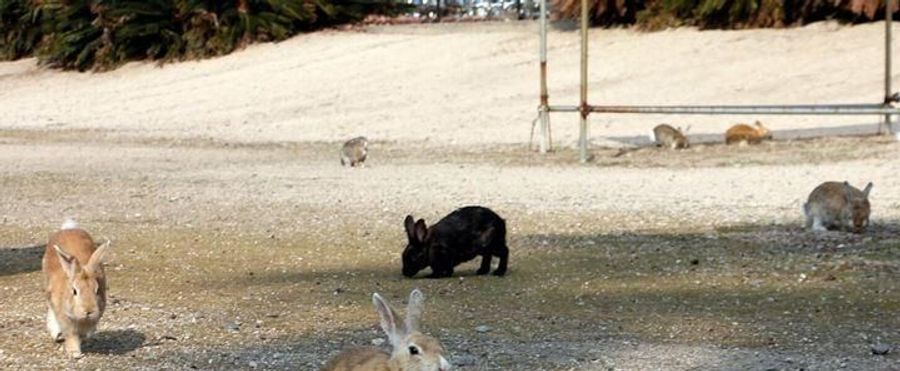The local government in Hiroshima, Japan is considering imposing a visitor tax on tourists travelling to Okunoshima—more commonly known as "Rabbit Island". The controversial proposal comes amid growing concerns about the impact of tourism on the environment and welfare of the island's famous rabbit population. Officials are currently investigating the feasibility and implications of such a tax, which is hoped to manage tourism levels and aid in conservation efforts.
In Japan, the balance between preserving local environments and driving tourism-based economy is a significant issue. Okunoshima is a prime example of this conflict due to its unique appeal of free-roaming rabbits attracting tourists worldwide. This popularity has led to over-crowding and concern for the rabbits' welfare, sparking debates about sustainable tourism and wildlife protection.
In the US and EU, visitor or tourist taxes are not unheard of, especially in heavily visited natural areas. The funds raised from such taxes are often directed towards environmental conservation and tourism infrastructure. However, the implementation of such charges can sometimes be controversial due to potential impact on tourism numbers.

